About Me
It was thanks to doing the bachelors on general sound studies in Universidade Lusófona, Lisbon, that my eyes were opened to the fascinating world of sound and sonic interactivity. Having had only experience with music so far, this new experience inspired me to analyse, dissect, explore and understand everything sound related.
However, it was not until I chose to do my masters, MSc Sound & Music for Interactive Games at Leeds Beckett University (LBU), that I had considered video games as a medium to focus on. And that was it, combining the magic of interactive audio with the immersiveness of video games was indeed the way to go!
Ever since then I've worked on a plethora of projects, all including sound design as the main focus! I've been mainly working on game audio, but I occasionally help out with video/linear media projects that need either sound or music editing assistance. I even started posting weekly sound design exercises I do on twitter (which you can see on my Portfolio page)!
All this to say what? If you are looking for someone who is passionate about sound, games, or sound for games, you have found the right person! I have worked with a multitude of software, standardised or in-house; I have worked with many people, in person or from home; I have worked on many projects, all with different scopes! I am dependable, adaptable, home-office compatible, autonomous, good in a team, and will kick your butt at foosball!
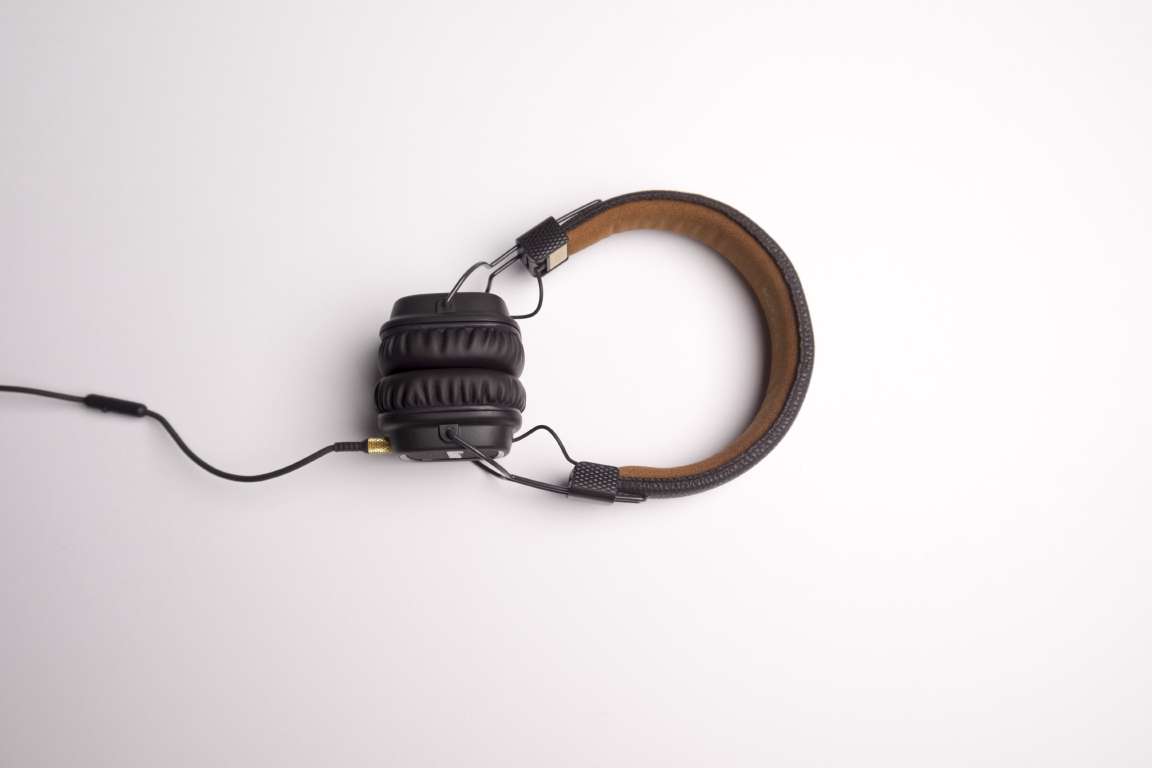
Companies I work(ed) for!
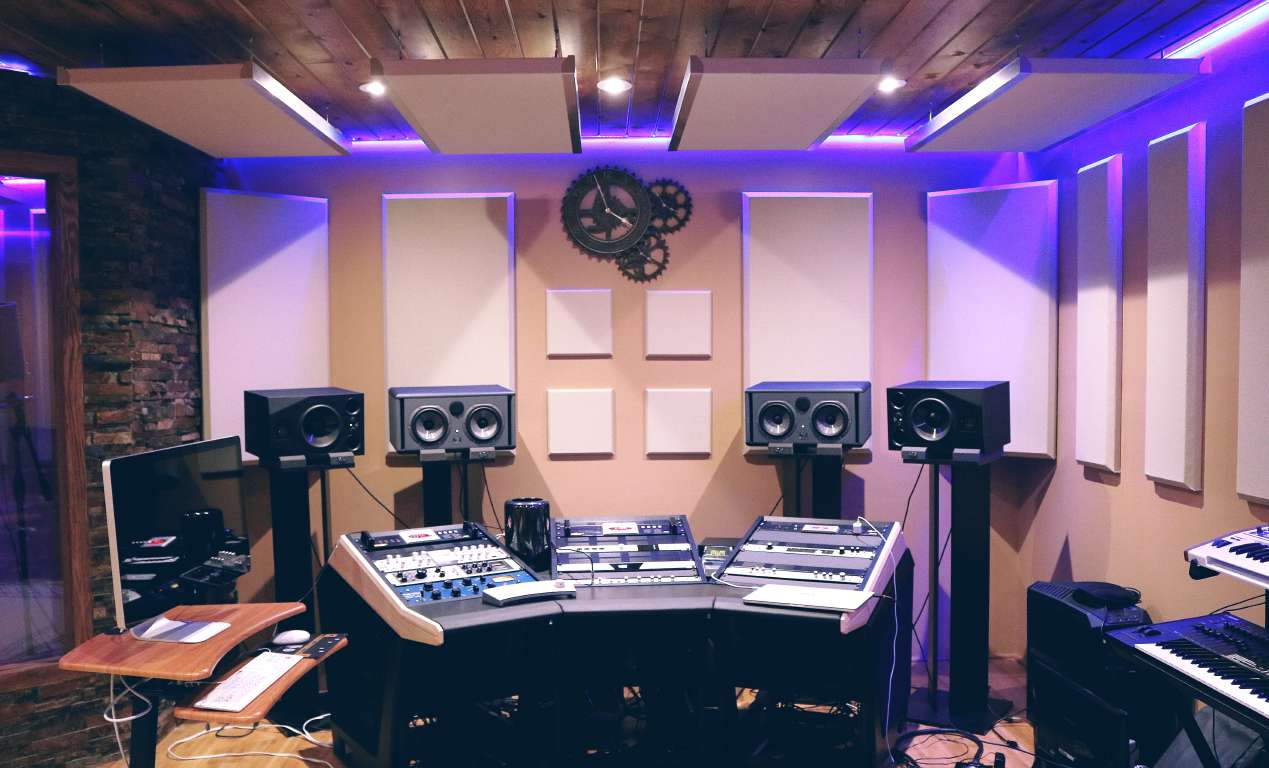
Biped aims to aid blind and visually impaired people by the use of its hardware + accompanying software. Physical visual scanners examine the area in front/around the user, and inform them by means of sounds.
My contribution to this project revolved around designing and redesigning sounds, as well as some technical work on the pre-existing assets.
This collaboration allowed me to apply interactive sound design to the real world. While implementation and interactivity were defined by the engineers based on user needs and usability, the designed assets needed to fit very strict technical and style limitations, as the practical aspect of the sounds outweighed the aesthetics.
I started working at Ubisoft as an Audio Designer in April 2021, at the Blue Byte Düsseldorf studio (more specifically, for the Ubisoft Audio Service Department).
My tasks at Ubisoft revolve around taking ownership of specific features of the game I work on, analyzing its audio-related necessities, designing sounds and implementing them via Ubisoft's Snowdrop game engine, as well as Wwise. On top of this, I participated in R&D and other non-game-specific side-projects, as well as sound design and music editing for different trailers and videos!
After roughly 1.5 years at Ubisoft, I was promoted to the Senior Audio Designer position. Owning a lot of technical aspects of the project, I see myself collaborating with and mentoring fellow designers. Having taken a large amount of leadership, ownership and responsibility has allowed me to develop my management, long-term evaluation and planning, and outside communication skills even further. Collaborating with other studios, discussing tech solutions with programmers, coaching designers of different seniority levels, all of this has become daily routine.
I started working for GIANTS around June 2017, between the two semesters of my Masters. This was my proper introduction to the gaming industry, giving me access to all the aspects of game audio, from recording all the way to implementation and mixing.
At GIANTS, I participated in two full development cycles of major titles, FS19 and FS22, the latter of which I led the sound team. These two releases allowed me to gather enough experience to understand how the most important aspects of game audio are created, from planning to execution, all the way to the final product. This gives me enough confidence to know what is important for a game's soundscape, and what is superfluous and unnecessary.
During my time at GIANTS, I fulfilled the following "game audio" related tasks:
Coordinating and executing numerous field recordings, primarily focused on agricultural and similarly oversized machines and vehicles;
Post-processing of field recordings (cleaning, boosting character, etc.)
Post-processing different aspects of in-game audio, such as footsteps, animals, etc.;
Implementation and fine-tuning of game sounds and their behaviour into an in-house game engine (GIANTS Engine);
UI sound design;
Game audio mixing/mastering;
Participating in in-game audio feature development, such as day/night and weather cycles and vehicle related playback and parametrization.
Due to these tasks, I was able to learn what is essential to a game's audio. Being a part of every single step of the process allowed me to gain enough confidence to approach every audio-related issue without hesitation.
Aside from the game-related tasks, I also participated in a few other non-game related jobs in this company. These other tasks include:
Audio engineering of voice-overs and interviews;
Audio hardware and software counselling for different projects;
eSports live events and livestream sound mixing, post-production;
eSports post-production: voice-over engineering, music editing, sound design;
Trailer audio production: vocals, music editing, sound design, mixing and mastering.
A film production company that occasionally required some assistance with sound recording, design, mixing and/or mastering.
While production was strictly for linear medium (ads, campaign videos, etc.), it allowed me to apply my sound design skills in a completely different context. This work also allowed me to keep me active in the field of linear sound design.
Camel 101 was the first game company I worked for. I joined them from June to October 2015 as an intern, with the position of Junior Sound Designer. During this period, Camel 101 was developing Syndrome, a survival horror game.
At the time I was still doing my Bachelor in Lisbon, and since my knowledge was fairly limited, my main task was to create audio assets for specific situations in Syndrome. This ranged from ambience/background loops like alarms, to sounds for animations.
While my tasks were limited, this allowed me to create my own workflow for asset creation, which allowed me to efficiently create and modify any sounds requested.
Software I work(ed) with!
(+ my respective proficiency levels)
Ever since I started using Reaper, it has been my main weapon of choice for anything audio related. Be it composing, sound design, audio recording (in-studio), mixing, cleaning, processing, prototyping, mastering, anything at all, Reaper has proven to be the most flexible DAW I've used so far.
I started using Reaper during my Masters as it was highly recommended for being affordable, flexible, and basically the industry standard used by a lot of companies. Being able to adapt the software to my own workflow helped me to optimize my work significantly, in fact, I'm still finding actions and features that allow me to be more efficient on a weekly basis!
Wwise was the first audio middleware I ever used. It was a requirement during the interactive music modules of my Masters. During this time, I was able to explore the possibilities of such middleware, and what the big differences between implementing audio via game engine and implementing audio via middleware are.
During my time at Ubisoft Blue Byte Düsseldorf, I was able to get comfortable with Wwise as a creative tool for all interactive game audio in our projects. In this timespan I managed to accumulate substantial experience, allowing me to get more than familiar with it.
Max MSP has been a fascinating discovery for me. This visual scripting tool opened my eyes to the endless possibilities of interactive audio, and made me realise how much I enjoy "programming" audio and interactive toys this way.
I started using Max MSP during my Bachelor years, since it was required for a few modules. This requirement carried on to my Masters.
Max MSP also allowed me to understand how certain plugins work, such as comb filter-based reverbs and simple algorithmic/waveshaping distortion. Throughout these years I was able to create a few interactive toys and tools, such as:
A 3D sampler and effects unit based on physics and object collision;
A comb filter-based reverb from scratch;
A first person shooter "audio simulator", using standard FPS-game controls to play back sound, similar to what would be expected from this type of games;
A granular synthesizer which was controlled via on-screen circles which represented samples, which in turn was controlled by a Wii-remote in a virtual, gravity-less physics environment.
Another common situation I used Max MSP for is prototyping audio systems, mainly for games. The flexibility of the tool allows me to recreate any virtual environment I want (without the visual aspects, of course), and I am able to explore different solutions to audio problems before submitting any requests for features. It also helps me understand how these solutions even work, which helps a lot with communicating these features to programmers.
This tool continues to inspire me, and serves as an endless source of ideas with all of its near-infinite possibilities.
The MSc in Sound & Music for Interactive Games required students to take up Unreal Engine 4 as a main game engine to demo their sound design and music applications on. This was also my first introduction to UE4 and its great Blueprints system.
Since UE4's Blueprints system allows users to "program" a game solely through visual scripting, this allowed me to explore a vast number of different ways to connect gameplay and its variables into the sound and music playback. It was because of this flexibility that I used UE4's Blueprints system to create a proof-of-concept of my Masters Final Project:
Link to my Final Project webpage!
I also attempted to make small games on UE4 using Blueprints, none of which saw the light of day. But this experience helped me understand different aspects of how the game engine works, such as camera movement and gameplay!
Tsugi's GameSynth is one of the most recent additions to my software repertoire. I started using it mid-late 2020, intrigued by its visual-scripting approach to program sounds. The possibility of manipulating samples in real-time, as well as the ability of generating variations by giving certain parameters some buffer is what attracts me the most about this software.
Since it is a fairly recent addition to my software collection, I have not yet explored the software to its fullest, but considering the amount of fun I've been having with its audio-creation possibilities, I am certain I will reach that point eventually!
Using ProTools 10 was a major requirement in my Bachelors back in the day. Because of this, I found myself using the tool quite effectively, especially for linear media. It was through ProTools that I learned the more basic sound design and music production procedures.
However, it has been a few years since I have touched any ProTools project. While I may feel rusty in that regard, I am confident that I could jump into it and relearn the software in a matter of days at most, seeing as most DAWs share a lot of functionalities and workflow.
While I have never used FMOD in a commercial or academic project, I have used it to prototype a few audio features for certain in-house engines. The flexibility and intuitiveness in FMOD is something that keeps me coming back for more, and if I ever get the chance to use it as a main means of implementing audio into a game, I am confident I will master it very quickly!
I picked up GMS 1 in 2012, when it was on sale on HumbleBundle. Following Tom Francis' tutorial on how to make a game in GMS 1 from scratch, I was able to learn the GML language at a fairly basic level.
Anyone who has ever played video games for a while will inevitably have their own concept or ideas for new game mechanics, story or anything game related. I am no exception to that rule, and thanks to GMS 1 I was not only able to fulfil some of these ideas, but also to learn how difficult it truly is to implement such vague ideas into a playable form. From this experience, I learned two valuable lessons:
The more vague an idea, the more difficult it is to implement;
The latter has been a motto of mine in the recent past regarding a lot of things, including sound design. The concept of creating a barebones version of whatever project, feature or sound I have been considering for whatever activity I am currently doing, in order to achieve preliminary results, helps me recognize whether it is a good idea to pursue these original ideas in the first place, or if they end up being not worth the effort.
I applied this approach to a lot of the projects I've worked after learning how to work with GMS 1, and it has never failed me so far!
I purchased GMS 2 while it was on sale as well, and while my knowledge is limited on both engines (mostly due to time constraints), I have a lot of fun messing around with them, and they seem to have the tendency of teaching me really good lessons!
I picked up Pico-8 early 2019. I was interested in the software due to its small scope, as well as the fact that it seemed to be a good starting point to learn the LUA programming language. While I was and still am not able to program full-fledged, highly complex games with it, I was able to learn some programming logic thanks to it.
With Pico-8 I managed to create a bunch of mini-games that have never seen the light of day. Even so, the tool allowed me to learn the very, very basics of LUA!
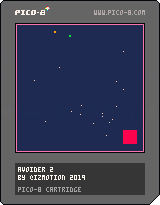
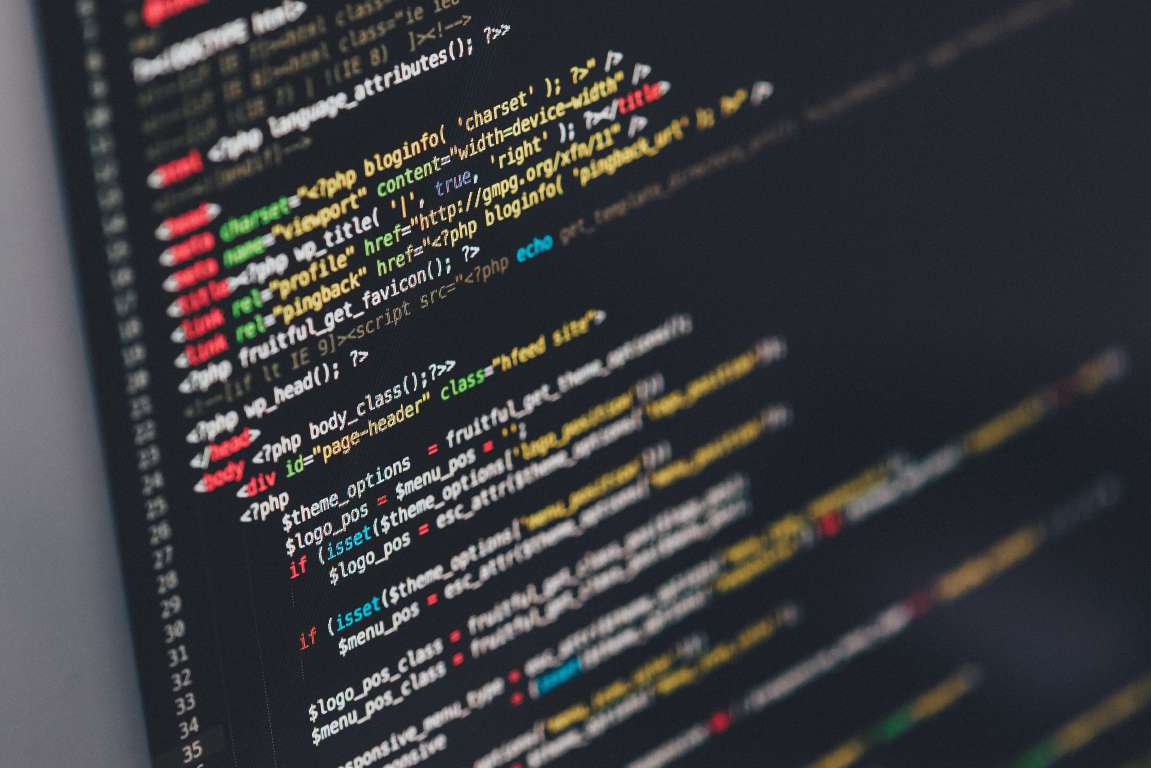
Other Experiences
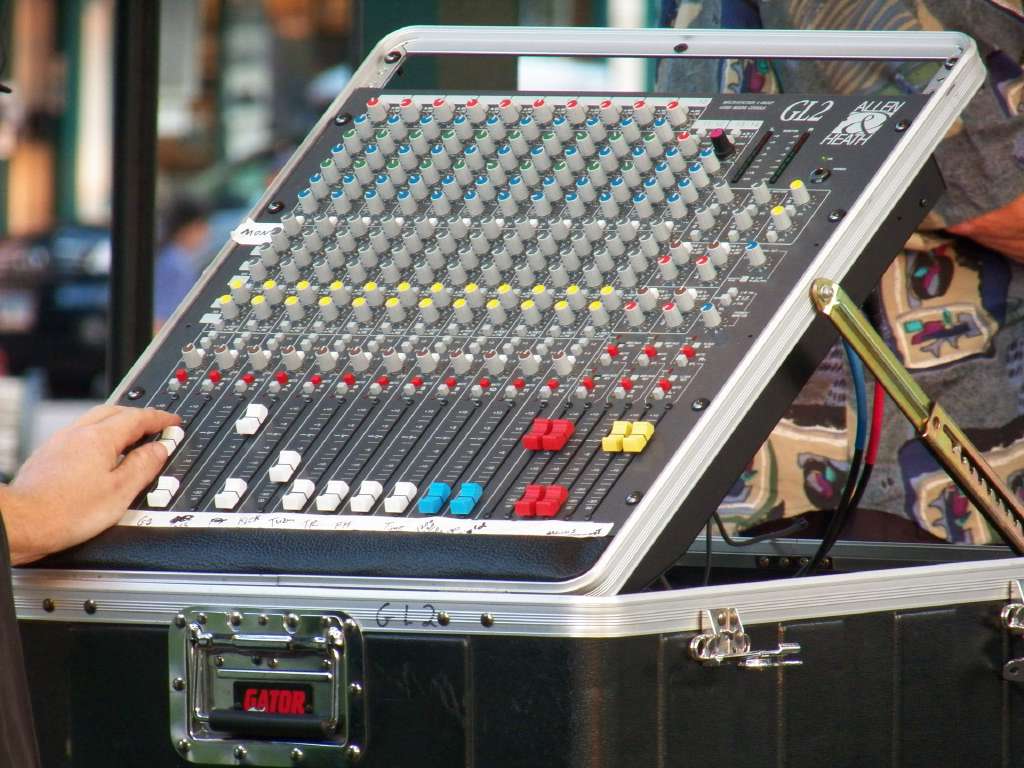
Aside from working with the main tools, software and middleware that are present in the industry, I was able to work on a lot of different projects that gave me a vast range of experience. From setting up and working the sound in livestreams, to assisting with production and post-production sounds in eSports events, composing award-winning music for short films, recording full orchestras, the list goes on.
I find this collection of experiences vital to someone's perspective on a single job, even if it is a very simple one. The different experiences allow me to propose different solutions for a single problem, as well as judging which solution fits best depending on the situation. Being able to research, experiment, prototype and judge whether a solution is right for a situation is something I have been training myself on, and it is something I value highly, as it will help me achieve the best results quicker and more efficiently, regardless what the subject matter is.
Hobbies
Aside from all the job-related stuff, I also pursue hobbies! Of course, I highly enjoy listening and composing music. A "recent" discovery of mine is the use of cassette tape for pure analogue recordings. This, in extension to my already existing nerdy passion for synthesizers, has me composing (and even submitting!) the occasional track.
Aside from the previously mentioned musical inclination, I also highly enjoy cooking! I keep imagining that there is a parallel between cooking and sound design, since both fields consist of various ingredients that will result in a single consumable medium (food and video games are pretty similar, right?). Cooking also allows me to just relax, forget everything and focus on this one thing that is happening in front of me.
And of course, I love animals. While I don't live with any animal at the moment due to my current job, I keep hoping for a chance to get a dog! I grew up with a lot of different kinds of animals (we had a domesticated goose!), so I really enjoy the presence and interaction with any of them.












